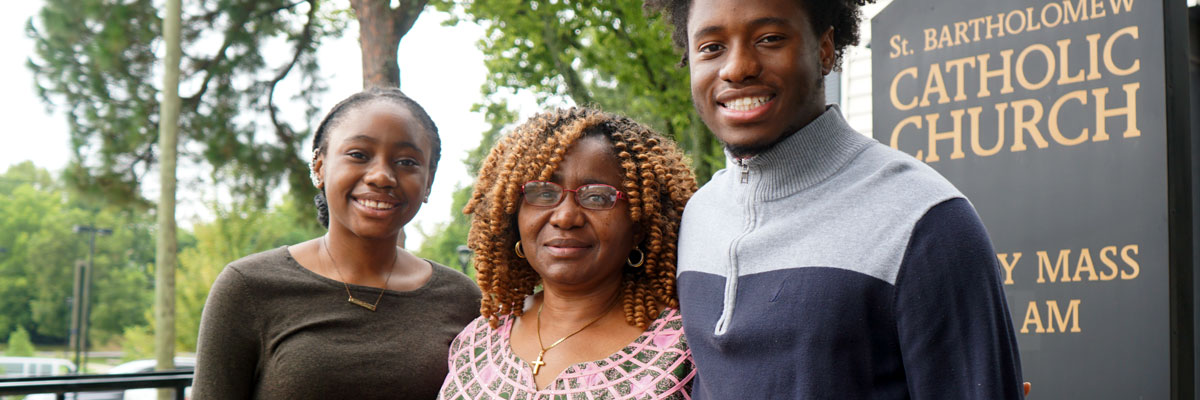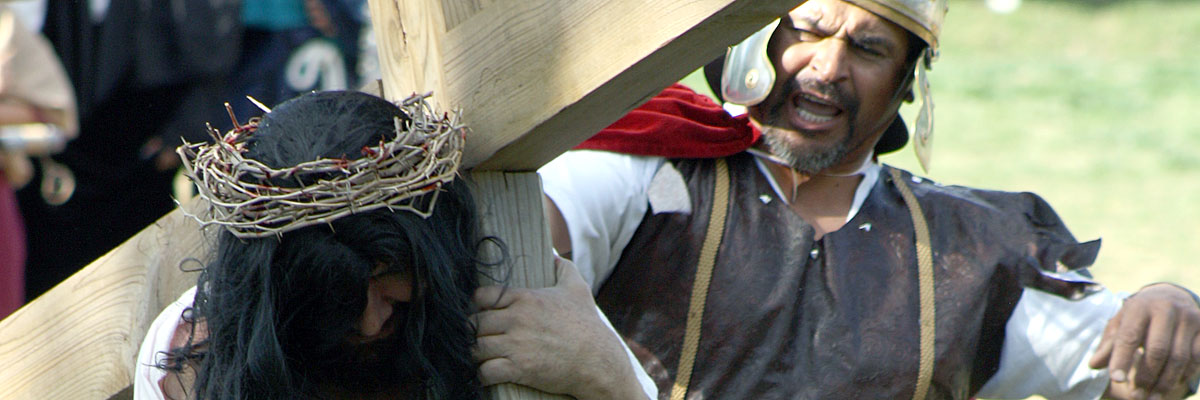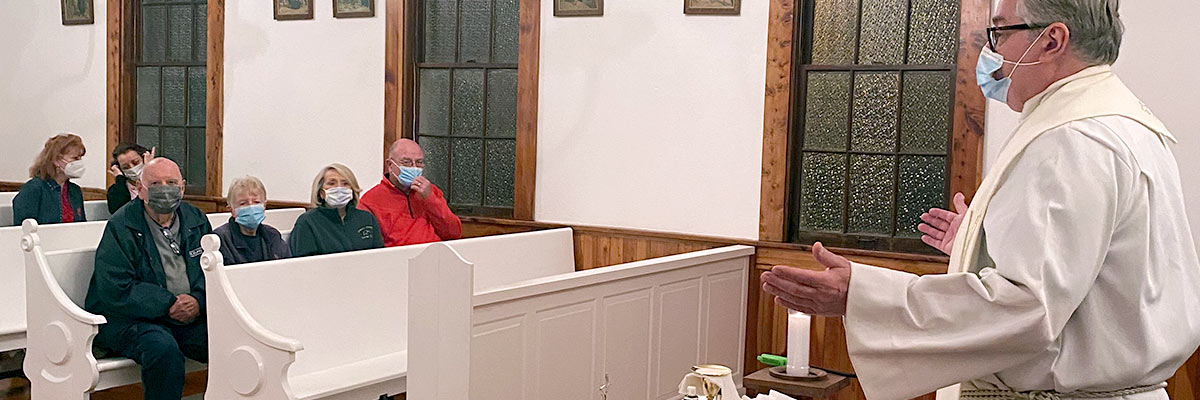Official Website of the
Catholic Diocese of Little Rock
29th Sunday in Ordinary Time, Year A
Published: October 18, 2020
Bishop Anthony B. Taylor preached the following homily at St. John the Baptist Church in Malvern on Sunday, Oct. 18, 2020.

Bishop Taylor
In today's Gospel, Jesus' adversaries are trying to get him in trouble, but he refuses to take their bait. Many people hated the Roman occupation of their country and so refused to pay the tax they had imposed to further exploit their defeated nation.
Hence the trap: Will Jesus refuse to pay the tax and get in trouble with the Romans, or pay the tax and thus discredit himself in the eyes of his own people? His response is very instructive for us today. Like it or not, governments do have authority, including the authority to impose taxes: "Give to Caesar what belongs to Caesar."
But when the demands of human rulers conflict with those of God, what God requires must prevail: "Give to God what belongs to God."
You and I have a lot to pray about between now and Nov. 3: a renewed politics that focuses on moral principles, the defense of life, the needs of the weak and the pursuit of the common good. And of course, we must also consider a candidate's character, philosophy and performance, and at the same time make a prudential judgment regarding the lay of the land going forward.
This has serious implications for us as we prepare for this year's elections. Giving to Caesar what belongs to Caesar means that as citizens, we must participate in the process, even when that process is frustrating and it seems like there are no good choices.
And I'm not going to make it any easier for you: Neither political party has our endorsement. Both take positions that are contrary to our faith and damaging to the common good. But we should not assume an attitude of open rebellion by refusing to vote.
To help us sort out what to do, the bishops of the United States issue for every election cycle a Faithful Citizenship document to help us make a prudential judgment regarding how best to Give to God what is God's in the difficult choices before us.
This is not just a matter of opposing evil; it also requires that we work actively to do good. The document can be downloaded from the Internet, but the seven key themes of Catholic social teaching, which we must weigh seriously as we consider how to vote, are:
1. The right to life at every stage of life — The USCCB (U.S. Conference of Catholic Bishops) emphasizes that "the threat of abortion remains our preeminent priority because it directly attacks life itself, because it takes place within the sanctuary of the family, and because of the number of lives it destroys." Those words were chosen carefully: Preeminent means that this is our #1 priority but it does not necessarily mean that by itself it outweighs all other issues, nor does it mean that the ballot box is the only place where good results might be sought.
For instance, some will see the naming of Amy Coney Barrett to the Supreme Court as a big step moving us forward on this priority, to the point that other issues can now be given greater consideration. Others will be concerned about future judicial nominations at all levels, not just the Supreme Court, and so vote accordingly.
2. The Call to Family, Community and Participation — in particular regarding the sanctity of marriage as the lifelong union of one man and one woman open to the gift of new life.
3. Rights and Responsibilities — including religious liberty whereby we are not forced to act contrary to our conscience and access to those things needed for human decency, including universal access to health care.
4. The Option for the Poor and Vulnerable — with special concern for the weakest among us.
5. The Dignity of Work and the Rights of Workers — including the right to earn a living wage and the need for comprehensive immigration reform.
6. Solidarity — that we work for the common good, not just our own perceived self-interest.
7. Care for God's Creation — to be good stewards of the environment now and for the future.
So there you have it. You and I have a lot to pray about between now and Nov. 3: a renewed politics that focuses on moral principles, the defense of life, the needs of the weak and the pursuit of the common good. And of course, we must also consider a candidate's character, philosophy and performance, and at the same time make a prudential judgment regarding the lay of the land going forward.
Give to Caesar what is Caesar's: Do your civic duty and vote. But Give to God what is God's in the choices you make in casting that ballot.









